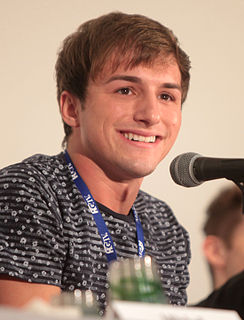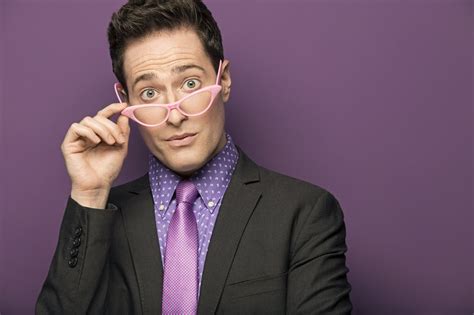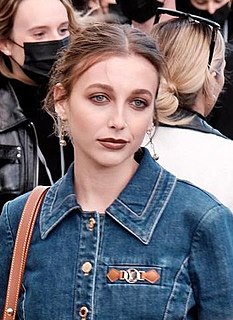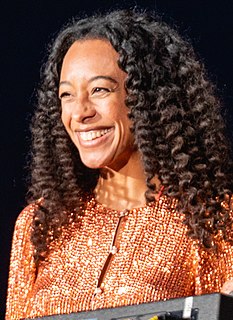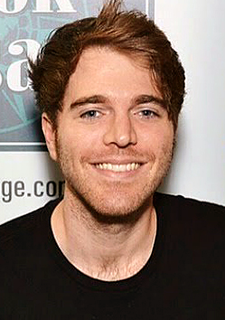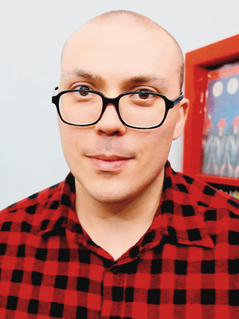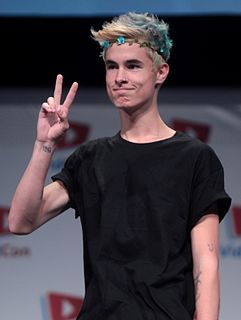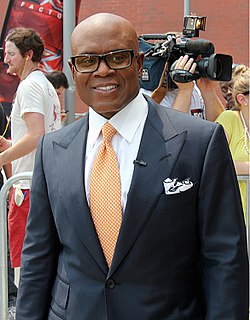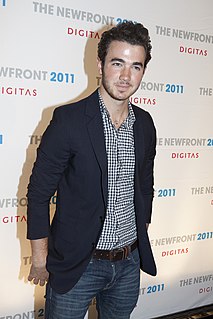A Quote by Anita Sarkeesian
I find crowdfunding to be one of the most ethical ways to continue doing the work that we do because the idea is that I want my videos to be free and available to everybody, and that's why I use YouTube and online platforms.

